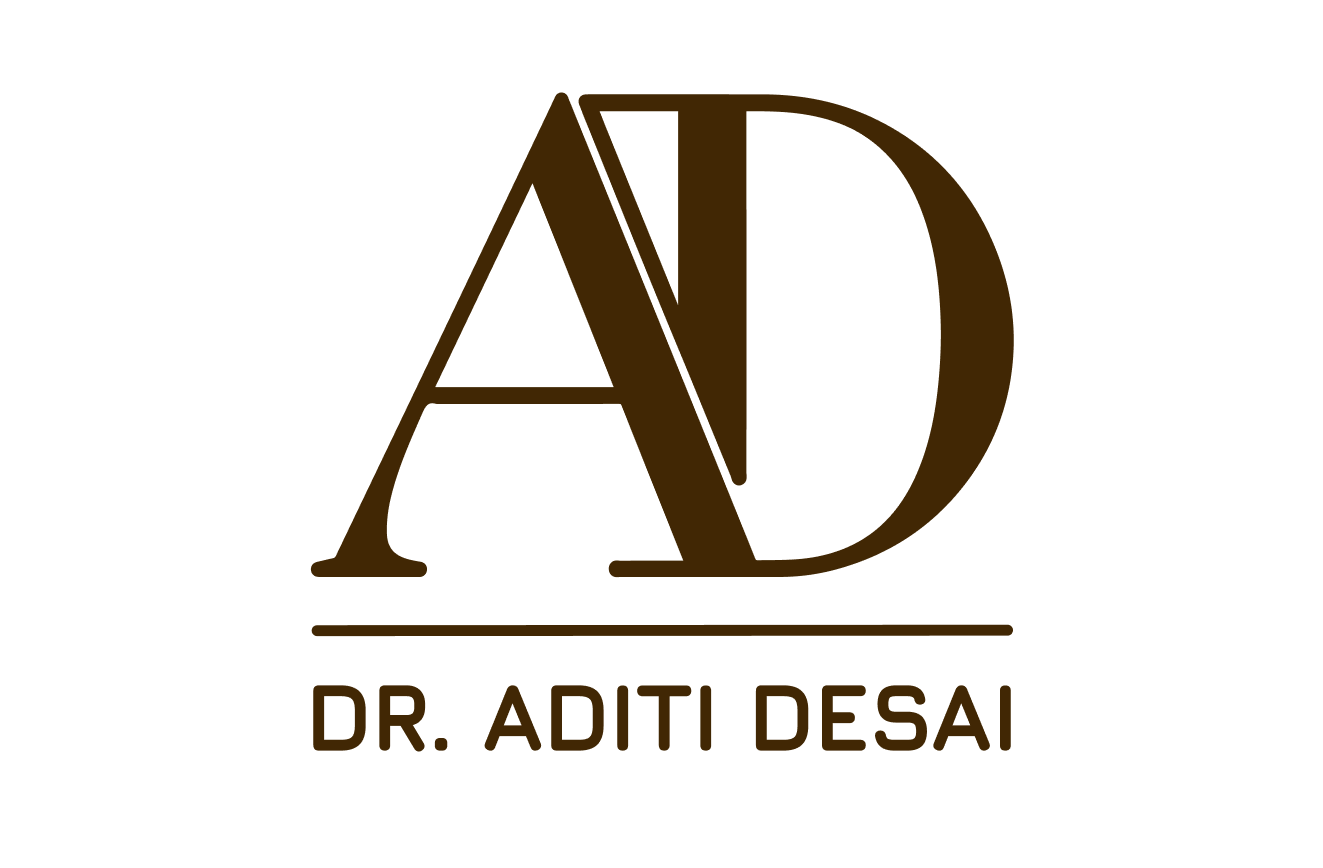Many people are unaware of the strong connection between sleep disorders and Attention Deficit Hyperactivity Disorder (ADHD). One of the most significant yet underdiagnosed conditions linked to ADHD is sleep apnoea. Research suggests that individuals with ADHD are more likely to suffer from sleep apnoea, a disorder that disrupts breathing during sleep and leads to poor sleep quality. Understanding the link between sleep apnoea and ADHD can help individuals manage symptoms more effectively and improve their overall well-being.
Let’s explore the management of the problems of sleep apnoea ADHD adults. We’ll provide insight into how proper diagnosis and treatment can enhance daily functioning.
Understanding Sleep Apnoea and ADHD
What is Sleep Apnoea?
Sleep apnoea is a serious sleep disorder in which breathing repeatedly stops and starts during sleep. There are two primary types:
- Obstructive Sleep Apnoea (OSA) — the most common form, caused by the relaxation of throat muscles, leading to airway blockage.
- Central Sleep Apnoea (CSA) — a rarer form where the brain fails to send proper signals to control breathing.
Both types result in fragmented sleep, excessive daytime sleepiness, and cognitive impairments.
What is ADHD?
ADHD is a neurodevelopmental disorder characterized by inattention, hyperactivity, and impulsivity. It affects both children and adults, often impacting daily life, work, and relationships.
Research suggests a strong overlap between ADHD and sleep disorders, particularly sleep apnoea. Many symptoms of sleep apnoea—such as difficulty concentrating, memory problems, and mood swings—mimic ADHD symptoms, making diagnosis and treatment crucial.
The Link Between Sleep Apnoea and ADHD
How Sleep Apnoea Contributes to ADHD Symptoms
The relationship between sleep apnoea and ADHD is complex, but sleep deprivation caused by apnoea can exacerbate ADHD symptoms significantly. Several key mechanisms explain this connection:
- Oxygen Deprivation and Cognitive Function: Sleep apnoea leads to repeated drops in oxygen levels throughout the night, impairing memory, focus, and problem-solving abilities.
- Fragmented Sleep and Hyperactivity: Disrupted sleep prevents deep, restorative rest, increasing hyperactivity and impulsivity.
- Excessive Daytime Fatigue and Impulsivity: Fatigue reduces impulse control, heightening irritability, mood swings, and distractibility.
- Emotional Dysregulation and Anxiety: Poor sleep worsens stress and emotional instability in ADHD individuals.
- Memory and Executive Function Impairments: Sleep disruption affects planning, organization, and focus, intensifying ADHD-related struggles.
Addressing sleep apnoea in individuals with ADHD can lead to noticeable improvements in attention span, emotional stability, and overall mental clarity.
Treatment of Sleep Apnoea in ADHD Adults
This issue is particularly concerning because it often goes undiagnosed. Adults with sleep apnoea and ADHD may experience loud snoring, gasping for air during sleep, daytime exhaustion, difficulty focusing, increased forgetfulness, irritability, and morning headaches.
Addressing these problems can lead to improved energy levels, better emotional stability, and enhanced cognitive function.
Diagnosing Sleep Apnoea in Individuals with ADHD
Given the overlap in symptoms, it’s crucial to determine whether a person’s ADHD symptoms are worsened by sleep apnoea. Here’s how diagnosis typically works:
Sleep Study (Polysomnography)
A sleep study measures breathing patterns, oxygen levels, brain activity, and heart rate to detect sleep apnoea and its severity.
Clinical Assessment by a Sleep Specialist
A detailed evaluation by a doctor helps differentiate ADHD symptoms from sleep disturbances using medical history, sleep patterns, and questionnaires like the Epworth Sleepiness Scale.
Partner or Family Observations
Family members may notice chronic snoring, gasping, or pauses in breathing — key signs supporting diagnosis.
Tracking Sleep Patterns with a Sleep Diary
A sleep diary helps monitor bedtime, wake time, night awakenings, and daytime fatigue over several weeks.
Differentiating Between ADHD and Sleep Apnoea
- Sleep Apnoea Fatigue vs. ADHD Fatigue: Fatigue from sleep apnoea improves with Mandibular Advancement Devices (MADs), while ADHD fatigue persists.
- Cognitive Impairments: Improved memory and focus after treating sleep apnoea indicate it was contributing to ADHD-like symptoms.
- Treatment Response: If ADHD medication doesn’t help but sleep apnoea treatment does, apnoea is a major factor.
Proper diagnosis ensures individuals receive the right treatment for both conditions, improving well-being and functionality.
Treatment Options for ADHD Sleep Apnoea
Addressing both conditions simultaneously can lead to substantial improvements. Treatment strategies include:
The Use of Mandibular Advancement Devices (MADs)
MADs help keep the airway open during sleep, improving oxygenation and rest quality. Benefits for adults with sleep apnoea and ADHD include:
- Better sleep quality and cognitive performance
- Improved emotional regulation and reduced behavioral issues
- Reduced daytime sleepiness and higher energy levels
- Better mood stability and lower anxiety

Lifestyle Modifications
Making lifestyle changes can reduce the severity of both sleep apnoea and ADHD symptoms:
- Weight Management: Excess weight increases sleep apnoea risk. Exercise and a balanced diet help.
- Sleep Hygiene: Consistent sleep schedule, no caffeine before bed, and a relaxing bedtime routine improve rest.
- Reducing Alcohol and Smoking: Both worsen sleep apnoea by relaxing throat muscles and narrowing airways.
Medication Adjustments
Some ADHD medications interfere with sleep. Consulting a doctor about dosage or timing can minimize disturbances.
Cognitive Behavioral Therapy (CBT-I)
CBT-I is effective for insomnia and helps individuals reframe negative thoughts about sleep and practice relaxation techniques.
The connection between sleep apnoea and ADHD is often overlooked but critical in managing ADHD symptoms. By addressing both through devices like MADs, lifestyle changes, and improved sleep hygiene, individuals can experience better focus, emotional balance, and quality of life. If you or someone you know struggles with ADHD and poor sleep, consult a healthcare professional for personalized treatment.




I have been browsing online more than three hours today yet I never found any interesting article like yours It is pretty worth enough for me In my view if all website owners and bloggers made good content as you did the internet will be a lot more useful than ever before